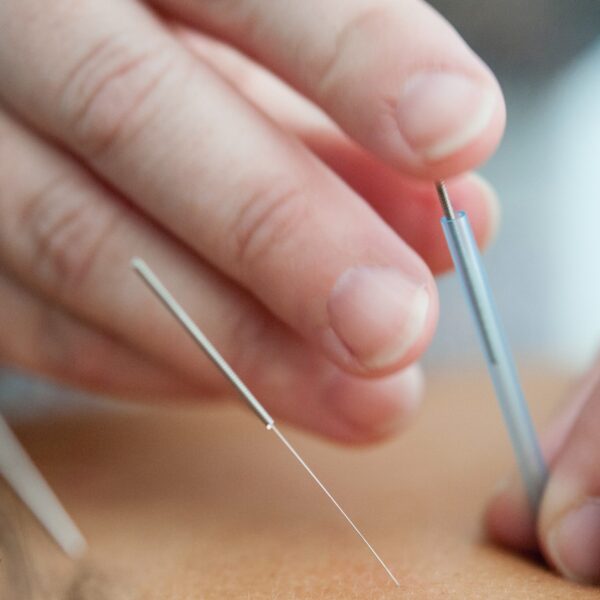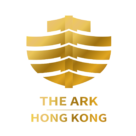
ACUPUNCTURE
Acupuncture is a traditional medical practice that originated in ancient China. Acupuncture works by rebalancing the flow of vital energy, “Qi” through the meridian system (channels) by means of the placement of fine needles at specific acupuncture points on the body.
Acupuncture needles are very thin and typically made of stainless steel. They are inserted into the skin to various depths, depending on the specific condition being treated and the technique used by the practitioner. The needles are usually left in place for a certain period, ranging from a few minutes to around 30 minutes. During this time, the person receiving acupuncture may experience sensations such as tingling, warmth, or a dull ache around the needle insertion sites.
Acupuncture is very safe and is suitable for adults (including the elderly) and children. Some people experience mild and often temporary side effects, such as pain, minor bleeding or bruising where the needles puncture the skin, and occasionally general drowsiness.
Acupuncture has been proven to work very well for fixing muscular and skeletal disorders. It also works well on conditions such as sciatica, tennis elbow, back pain, joint pain, carpal tunnel syndrome, and problems that may occur after a stroke.
Acupuncture offers a number of additional general benefits. It has been used for centuries as a complementary therapy. It promotes overall health and well-being. The benefits of acupuncture may include pain relief, stress reduction and relaxation, improved sleep quality, enhance mental health, boost immune system function, improve digestion, support hormonal balance and support for fertility and reproductive health.
Individual responses to acupuncture may vary. The effectiveness of acupuncture can depend on various factors, including the specific condition being treated and the individual’s overall health and responsiveness to treatment.
FAQ: Acupuncture
Acupuncture is widely recognised for its effectiveness in managing pain. It can help alleviate acute and chronic pain conditions. These include headaches, migraines, back pain, neck pain, osteoarthritis, menstrual cramps, and chronic pain, etc.
Acupuncture has a calming effect. It helps with relaxation and reduces stress by improving the general flow of energy through the body and balancing the existing imbalances in the meridians.
Many people report improved sleep quality and relief from insomnia after acupuncture treatments. Acupuncture can relax and balance the body. This can help regulate sleep patterns, reduce sleep disturbances and promote better overall sleep.
Acupuncture is believed to enhance mental health. Researchers think that it has positive effects on mental health conditions such as depression, anxiety and post-traumatic stress disorder (PTSD). It can help regulate mood by balancing the flow of energy through the body.
Acupuncture can help regulate digestive function and alleviate gastrointestinal issues. These include bloating, indigestion, acid reflux and irritable bowel syndrome (IBS). It can promote better digestion, reduce inflammation in the digestive tract and enhance nutrient absorption.
Acupuncture may help regulate hormonal imbalances. This can occur in conditions such as polycystic ovary syndrome (PCOS). It can also occur in conditions such as menstrual irregularities and menopausal symptoms. It can help support the production, balance of hormones and reduce associated symptoms as hot flashes, mood swings and menstrual pain, etc.
Acupuncture often complements fertility treatments, supports reproductive health, and can regulate menstrual cycles. It can improve blood flow to the reproductive organs and promote overall internal balance in the body. This can potentially increase the chances of conception.
